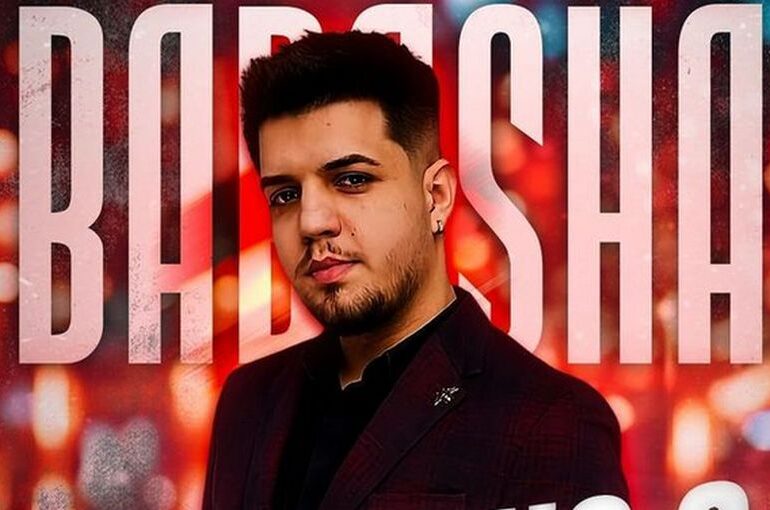Did the reaction of a significant part of the audience at the Coldplay concert have anything to do with ethnicity? When posed this way, the question is far too simplistic, and a negative answer does not dispel the latent manifestations of racism.
- Coldplay brought a manele singer to the concert in Bucharest. The audience booed heavily (Video)
- The first reaction of the manele singer Babasha, after the booing received at the Coldplay concert (Video)
- Babasha was booed at the Coldplay concert: „Romania is deeply plagued by racism,” „With the whistles, joy fled”
The audience did not boo a Roma ethnicity performer, but rather the inclusion of a subculture associated with mediocrity, stridency, and generally with indicators we wouldn't want to validate to describe ourselves: orientalism, lasciviousness, degradation, and in general the compromise, in an etymological sense of deterioration, of the Western classical background, into the rock mainstream stage.
Before 1990, during the years of the communist dictatorship with its Romanian-specific retrograde nationalism, one of the ways we preserved our unaltered humanity, or so we deluded ourselves into thinking, was precisely through the connection with Western culture, whether it was about books read, jeans, or rock music.
Especially rock music was assimilated with the West and with our deep belonging to European classical culture, from which national-communism diverted us.
That's why the regime created its own counterculture, the low-quality mimicry of Cenaclul Flacăra, in such a way as to control the valve through which people had the illusion that they could breathe the air of freedom.
The reasons why a good part of the Coldplay concert audience, mainly composed of the 40-plus generation, immediately and vehemently rejected an artist singing manele are more cultural and reflect the reaction of a besieged citadel.
The people who booed did not demand that manele concerts should not take place, nor that manele music and its performers should be evacuated from the public space, but rather that a rock concert not be hijacked, which they attended as the generation during communism listened to Radio Free Europe.
And here could lie one of the chronic issues we have been dragging along for decades: the feeling that anything good, solidary, and of quality we do is detached from the country we live in, and that in order to lead our lives beautifully and well, we must seclude our small worlds. To enclose ourselves in a bubble.
To secure our small homelands, where we succeed, and to consider the larger homeland as a stroke of luck. This phenomenon describes the social dysfunction in which we live and the reactions of anger and hatred when an element perceived as diverting us enters what we pretend to keep hermetically sealed.
It is what is called bias - in politically charged moments, people read opinions/news that confirm their bias and reject outright, without critical thinking, anything that contradicts what they call values.
Even if the reasons belong to this register of resistance through culture, a paradigm that has rather entangled than untangled us in communism, because it seemed to justify silence in the face of the regime's abuses and crimes in the name of survival through culture, this does not mean that racism cannot emerge along the way.
Manele is directly associated with the Roma ethnicity, but the Roma ethnicity is not reduced to manele: if Damian Drăghici had taken the stage, would he have been booed?
The issue of discrimination and marginalization of the Roma subculture relates to the societal segregation that exists and the lack and vulnerability of real national programs for social inclusion.
Once these are corrected, the other perceptions will also be corrected. For example, a Save the Children Romania survey shows that Romanian students no longer evaluate others through an ethnic lens and accept a Roma classmate; however, they have a higher level of non-acceptance regarding children with mental health issues.
This shows us that accepting others also depends on our direct, unmediated relationship with the other person, as well as on how the state provides real solutions to social problems. However, cases of children with special needs being moved from one school to another to avoid causing problems to a class indicate that the state does not know how to inclusively solve a real problem.
Yet, the issue of diffuse social anger and the feeling that one can only succeed within their own bubble, that only by exclusively associating with those who share the same values, or what is established as values, can one live in order and peace, and that any opening from the outside towards your bubble is an act of aggression.
But, again, this depends on what the state does and how it is perceived to act, on the social fabric of trust and hope that, once dysfunctional, makes people feel that they function exclusively on their own and on the cultural tribe's account.
The aggressive rejection of the association between one music genre and another shows that the problem is framed in terms of value choices.
This leads to tribal phenomena, to closed communities that define themselves more through secondary identities (religion, sexual orientation, cultural adherence) rather than through major common affiliations.
The line where racism begins is extremely fine and not fixed: it depends on the social context. And the social context of the 40-plus generation is marked by the fear of not being considered good enough for the West, while today's adolescents no longer question themselves in these terms of cultural identity and humiliation that a Westerner considers manele representative of Romanian music.

